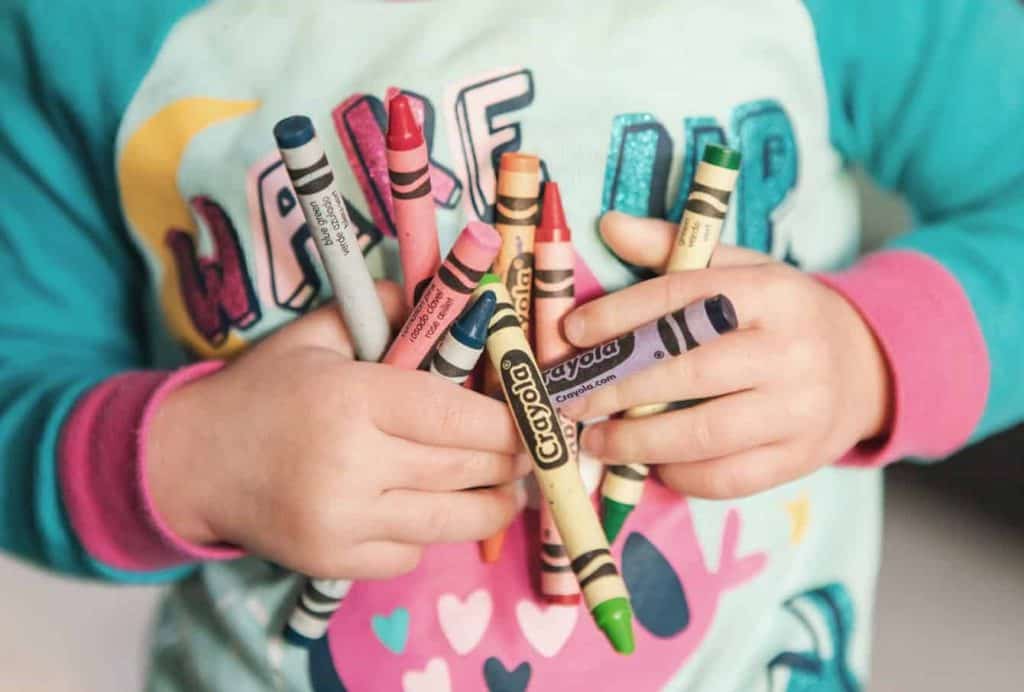EYFS is short for Early Years Foundation Stage so you can see why we shorten it to EYFS. However, you are probably here because you want to know what EYFS means.
The EYFS was created under the Childcare Act of 2006. The EYFS framework is all about the development, learning and the welfare of all children. The EYFS covers from the day they were born till the age of 5 years old.

The EYFS applies to
- Day nurseries
- Playgroups and holiday clubs
- school and nursery reception classes
- breakfast and after school clubs
- Sure Start Children’s Centers.
- Childminders
The 4 main principles of the EYFS
There are four main principles of the early year’s foundation stage that all early years settings have to follow and these are as follows
A Unique Child
The EYFS states that every child is a unique child that is continuously learning and capable, resilient, confident and also self-assured.
Positive Relationships
Children learn to be independent and strong through positive relationships
Enabling Environments
Children learn a lot better in enabling environments, in which their experiences respond to their own needs, and there is a strong partnership between practitioners and the parents and or carers.
Learning and Development
Children develop and learn in very different ways and at different rates. The EYFS framework covers the care and education of all children in early years settings, including children who have special needs and disabilities.
There are seven critical areas of learning, and these must shape the early year’s settings educational program.
All of the areas are interconnected, but there are three main areas that are pivotal for igniting children’s enthusiasm and curiosity for learning and building a children’s capacity to help form relationships and to thrive.
There are seven areas of learning which shape the early year’s settings educational programme and are they are split between specific and prime areas of learning.
The three prime areas are as follows.
Communication and language development – Which is giving children the opportunities to listen and speak in a range of situations and to develop the skills in expressing themselves. Along with helping them grow their confidence.
Physical development – providing opportunities for children to develop their control, co-ordination and movement. Children must be encouraged to understand the importance of healthy eating and physical activities.
Personal, social and emotional development – helping children to have a positive sense of themselves and others. They are also encouraged to form positive relationships and develop respect for others. Children will be taught how to understand what is appropriate behaviour in groups and to have confidence in their abilities.
The four specific areas are:
literacy development – This is encouraging children to read and write through not only listening to others reading but also beginning to read and write themselves. Children must be given access to a substantial range of reading materials like books and poems.
Mathematics – providing children with opportunities to improve and practise their skills in counting, calculating simple additions and subtractions, to describe spaces, shapes and measures.
Understanding the world – helping children make sense of their physical world and their community with opportunities to observe and explore and find out about places, people, environment and technology.
Expressive arts and design – Supporting children to play and explore with a full range of materials and media as well as providing opportunities and encouragement to share their thoughts, feelings and ideas through a variety of activities like music, art, dance, movement, role-play and design technology.
As you can see there is a lot to the EYFS framework and it can get very complicated as we have only touch scraped the surface of this huge early years topic. This was some of the Eyfs practice guidance in the UK.